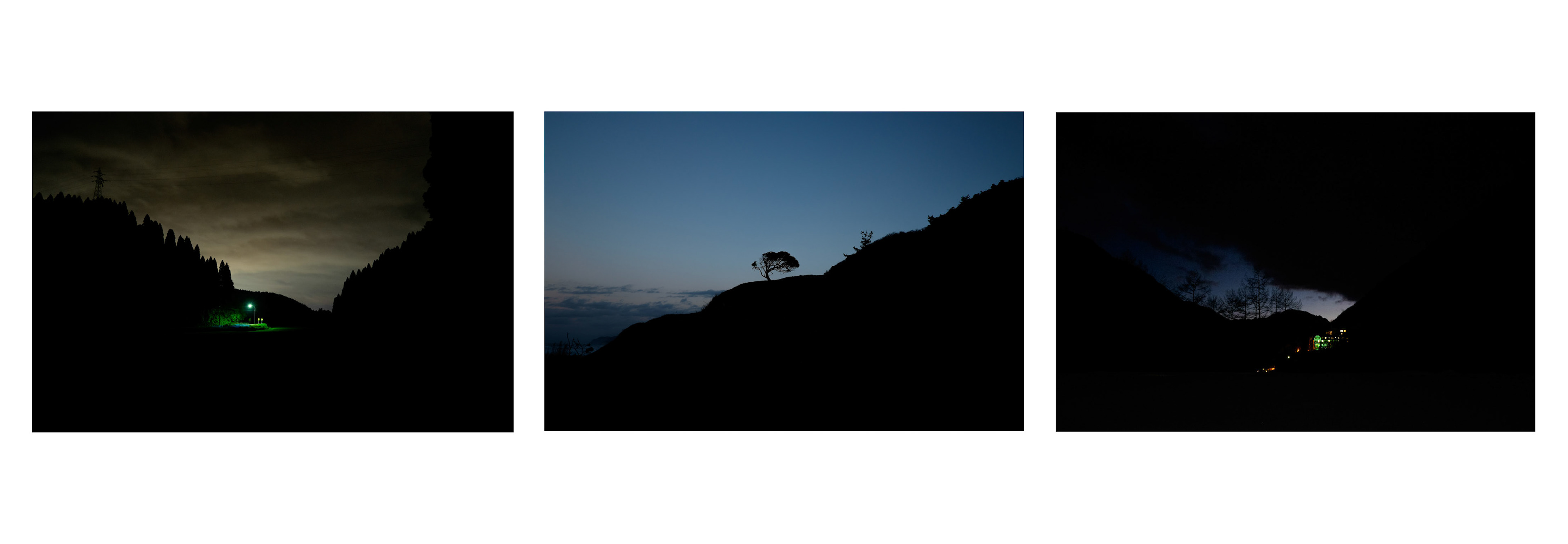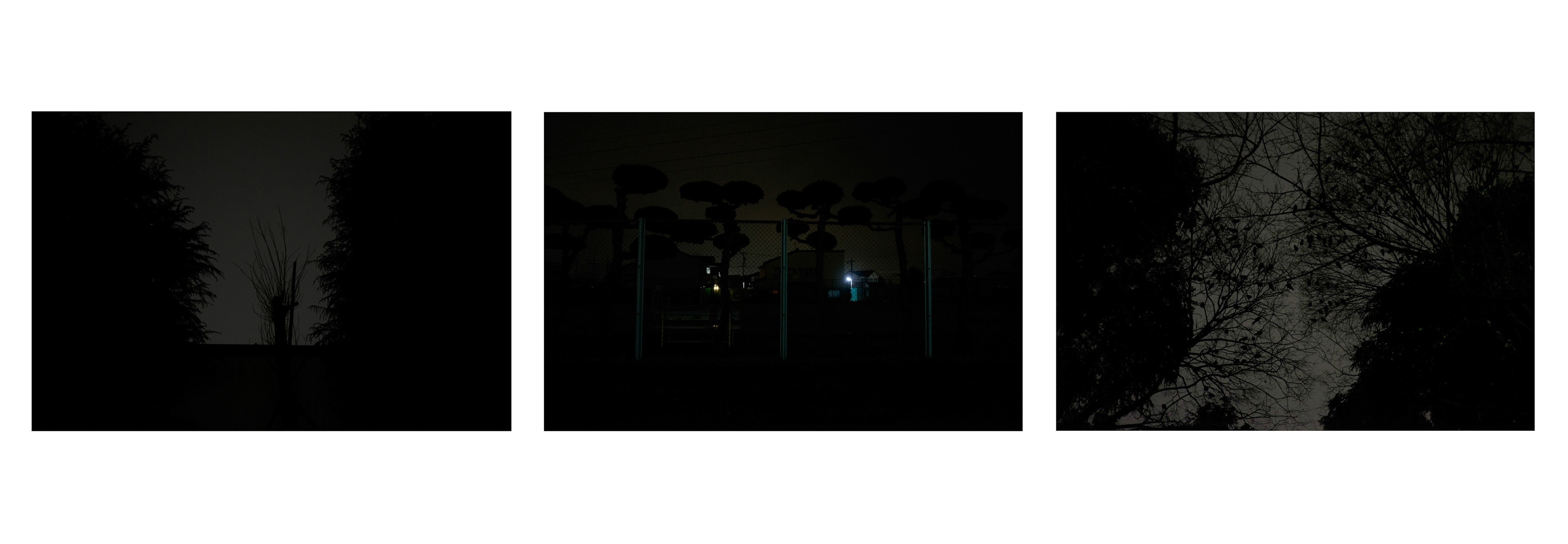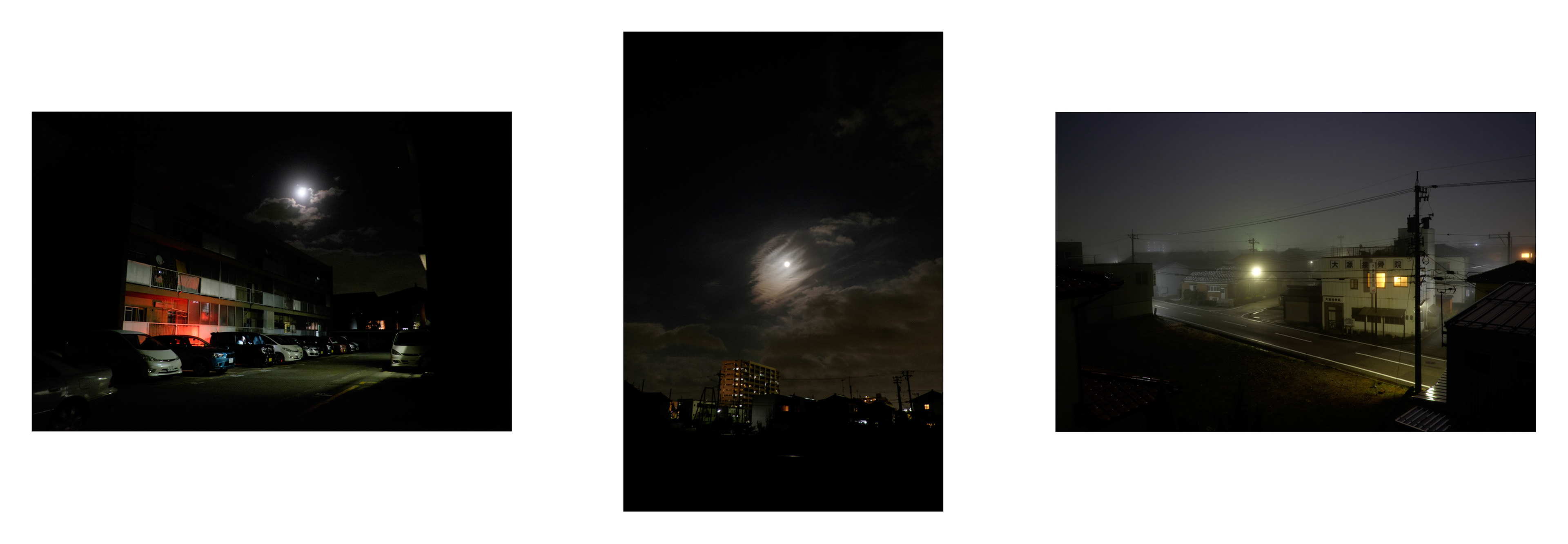



It is that aspect of the self that remains when one abstracts away from the experience of temporally extended, ‘narrative’ personal identity, which is partially sustained by memory of past events’ (Gallagher 2000).
As primarily visual creatures much of what we know about the world and our perceived reality comes from our vision. As mainly diurnal beings our vision has evolved to be highly effective during daylight. With the advent of artificial lighting, we have attempted to push back the darkness. In doing so we have created new landscapes, an entirely different visual world.
The act of seeing, however, does not stop with the physiology of the eye. The way we see and perceive the world is dependent on neurological factors. The way we process the visual information passed from the eye to the brain is instrumental to how we feel about the world.